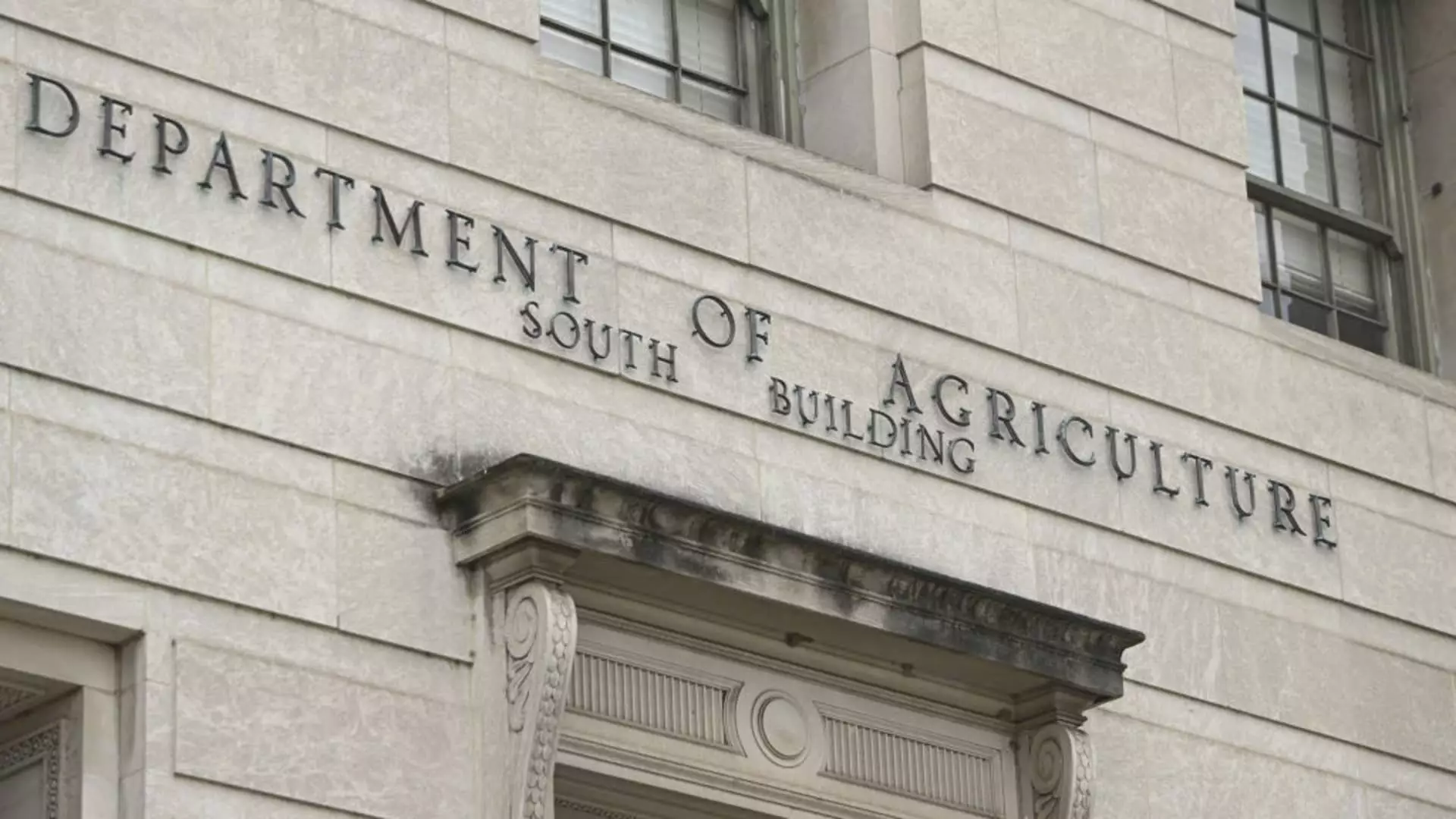As President-elect Donald Trump prepares for his administration, the choice of Brooke Rollins for the position of Agriculture Secretary signifies a critical step in shaping U.S. agricultural policy. Rollins, currently the president of the America First Policy Institute, is reported to be a leading candidate for this influential role. Her nomination would not only mark a pivotal change within the Department of Agriculture but also indicates a broader alignment with Trump’s agenda, emphasizing a preference for conservative, market-driven approaches to policy-making in agriculture. Since the Department oversees a vast network of initiatives, including nutritional programs and rural development, her leadership could drastically reshape the lives of both urban and rural Americans.
Leading an agency with over 100,000 employees and a hefty budget of $437.2 billion, Rollins will face substantial responsibilities. The Department of Agriculture plays a vital role in not just supporting farmers but also in managing food safety, negotiating international trade agreements, and providing loan services to home and farm owners. The decisions made at the helm of this department will undoubtedly influence the agricultural economy, which is integral to the national landscape. Rollins will need to navigate these multifaceted challenges while keeping the interests of diverse stakeholders, including small farmers, large agribusinesses, and consumers, in mind.
Should Rollins be confirmed, her agenda is likely to hold significant implications for American food policies. Among her primary tasks will include overseeing dietary recommendations and advocating for tax credits related to biofuels—issues that resonate deeply within discussions of sustainability and agricultural advancements. Amidst this, the negotiations concerning the U.S.-Mexico-Canada trade agreement will also come under her purview. Conflicts around imports of genetically modified corn from Mexico and dairy tariffs from Canada pose real risks to agricultural exports and import economies that she must adeptly manage.
Rollins’ tenure would provide an opportunity to pivot towards new technologies and renewable energy within the agriculture sector, particularly as the industry grapples with climate change. However, her affiliation with the America First Policy Institute—a think tank that prioritizes nationalist economic policies—might also spark friction. Critics could argue that her approach might benefit certain segments of the agricultural community while leaving others behind, particularly marginalized farmers who may not have equal access to resources and assistance. The potential reintroduction of tariffs is another contentious issue that could provoke backlash, especially from sectors reliant on global trade.
The anticipated nomination of Brooke Rollins as Agriculture Secretary could signal a new and potentially tumultuous chapter for U.S. agricultural policy. Her leadership may emphasize a blend of traditional agriculture and innovative practices aimed at sustainability, yet it will likely be accompanied by controversial measures and trade negotiations. As our nation stands on the brink of these changes, all eyes will be on Rollins to see how she addresses the myriad challenges facing U.S. agriculture in the coming years. The outcomes could reverberate well beyond the farming community, affecting dietary standards and economic stability for all Americans.

Leave a Reply